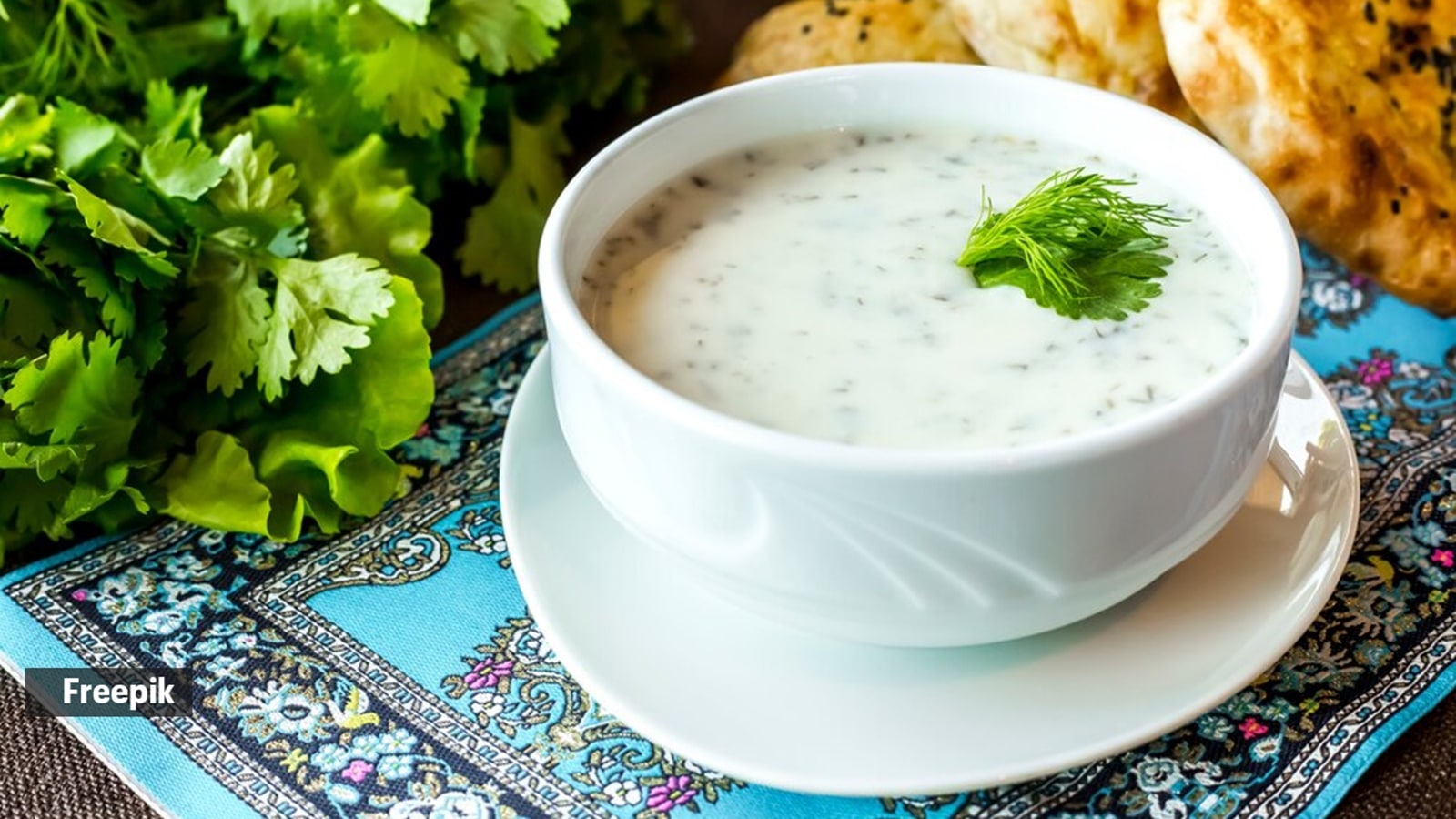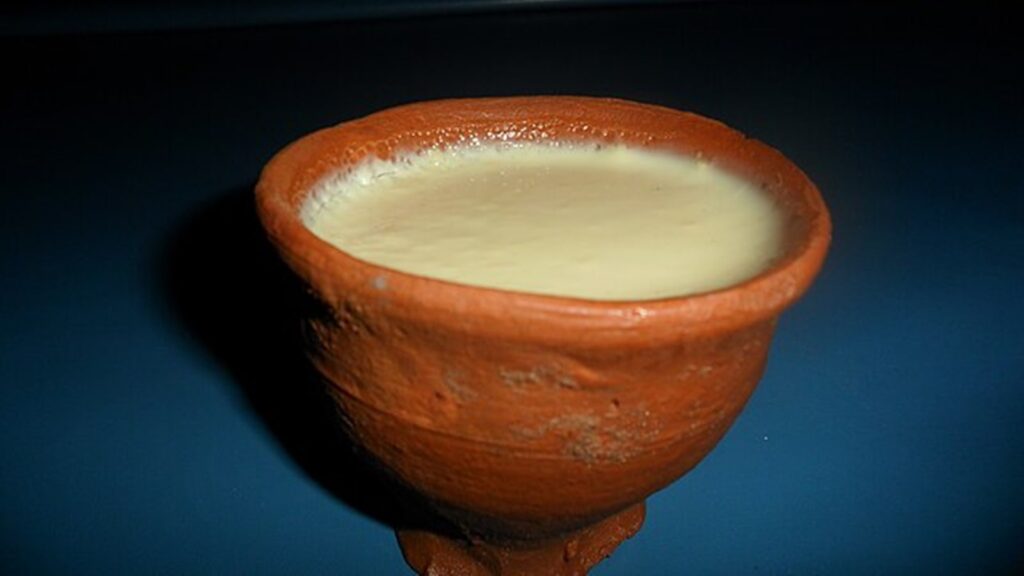970x125
Who doesn’t love a bowl of chilled curd during summer afternoons? Refreshing, tasty, and often believed to cool the body, it is a popular staple in the Indian diet during the hotter months. But turns out that curd, when not consumed correctly, could actually cause the opposite effect.
970x125
According to Ayurveda, curd isn’t as “cooling” as it seems; it is considered heating in nature, especially after digestion. This may sound not very clear. After all, curd feels cold when you eat it. But Ayurveda doesn’t just go by taste or temperature. It looks at how a food behaves once inside the body.
“Curd tends to produce heat and increase pitta (the fire element) and kapha (which can cause heaviness and mucus). So, if eaten at the wrong time or in the wrong way, it can lead to problems like acidity, skin breakouts, bloating, or sluggish digestion,” said Dr Pratap Chauhan, Founder and Director of Jiva Ayurveda.
Kanikka Malhotra, consultant dietician and certified diabetes educator, somewhat agreed, saying that the idea that curd is cooling in nature is largely anecdotal. “Nutritionally, curd’s high water content and probiotics may contribute to a refreshing and hydrating effect, which could be perceived as cooling. However, there is no scientific evidence that curd directly lowers body temperature,” she told indianexpress.com.
“While timing doesn’t specifically enhance a cooling effect, it does optimize digestive benefits. The perceived cooling sensation might be due to curd’s hydrating properties and its soothing effect on the digestive system,” she added.
But don’t worry, you don’t have to stop eating curd altogether. Eating it correctly at the right time is the key to enjoying your favourite side.
What is the best way to consume curd during summer?
“Curd isn’t harmful when eaten correctly — in fact, it can support digestion and improve gut health. But the timing, combination, and quantity matters, especially during hot weather,” said Dr Chauhan. Here’s how to make the most of it:
Story continues below this ad
Best time to eat: Lunch, when your digestion is strongest.
Avoid at night: Curd at night can lead to mucus, heaviness, or even disturbed sleep.
 Try buttermilk instead of curd (Source: Freepik)
Try buttermilk instead of curd (Source: Freepik)
Never eat plain curd. To make it lighter on digestion, mix in a pinch of black pepper and roasted cumin or turn it into chaos (spiced buttermilk).
Don’t pair curd with: Fish, onions, or heavy meals — these combinations can disturb digestion and create toxins in the body
Story continues below this ad
Who should be careful?
Curd may not be suitable for everyone — especially during summer. “If you often experience issues related to heat or mucus buildup in the body, frequent acidity or heartburn, try to avoid it. For those suffering from skin problems like acne, rashes, or inflammation, along with respiratory issues such as cough, cold, or sinus congestion, the same suggestion applies,” he added.
Alternatives to try
For summers, Dr Chauhan suggested replacing the good old curd with buttermilk with cumin and a dash of rock salt, which is much lighter and more cooling. “It doesn’t cause heaviness or increase heat in the body. In Ayurveda, it’s known to balance all three doshas (body energies) — making it ideal for daily use during hot months,” he added.
970x125

